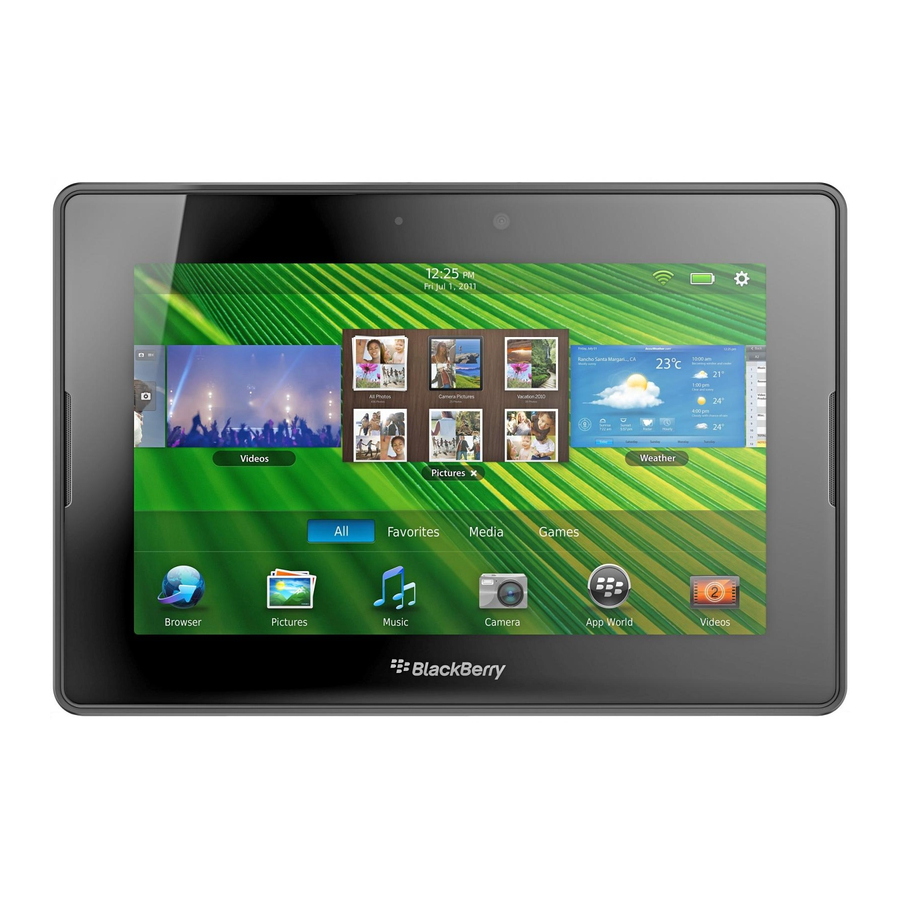UI Guidelines
Guidelines for numbers
•
Make arrangements for singular and plural nouns on a per-language basis. Nouns in some languages can have one
form for both singular and plural, one form for singular and another form for plural (for example, "1 day" and "2 days"),
or multiple forms, depending on the number of items (for example, one item, two items, a few items, and many items).
•
Avoid hard-coding number separators. For example, 1,234.56 appears in United States English but 1 234,56 appears
in French.
•
Avoid hard-coding the number of digits between separators. For example, 123,456,789.00 appears in the United
States but 12,34,56,789.00 appears in India.
•
Avoid hard-coding the display of negative numbers. For example, negative numbers can appear as -123, 123-, (123),
or [123].
•
Provide options for currencies. For example, currencies can appear as $12.34, 12,34€, or 12€34. In addition, some
currency symbols require more space.
•
Verify that numbers, measurements, dates, and time formats reflect the locale of your users.
Best practice: Writing for different
languages and regions
•
Include subjects where possible. For example, use "the list that appears when you type" instead of "the list that
appears when typing".
•
Include articles where possible. For example, use "press the Power button" instead of "press Power".
•
Use relative pronouns where possible. For example, use "the email address that you use" instead of "the email address
you use".
•
Use terms consistently throughout the UI and try to use terms that are consistent with other applications on the
BlackBerry PlayBook tablet. Using consistent terms improves the accuracy of the translations.
•
Avoid using slang, idioms, jargon, colloquialisms, and metaphors in your UI. These terms can be difficult for translators
to translate and for users to understand.
•
Avoid references to ethnicity, religion, culture, and gender.
•
For references to countries, use the political name of each country. For example, use "People's Republic of China"
instead of "Mainland China."
•
Verify that translated text uses local language conventions where possible.
36
Localization

